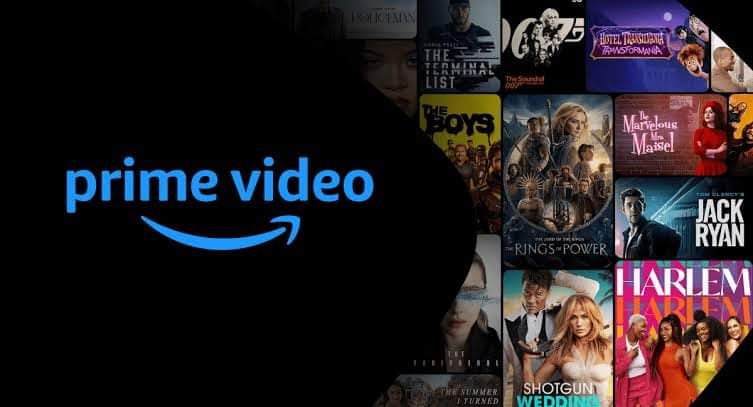I’ve found myself deeply troubled since the recent revelation that Amazon Prime has significantly slashed its commissioning and originals’ budget in Africa. Reports also highlighted the unfortunate laying off of many original executives in Nigeria and South Africa.
Despite initial speculations suggesting Amazon Prime’s exit from the African Market, it’s clarified that they will continue to acquire African content, albeit with reduced investment. This, understandably, brings a sense of disillusionment to many film producers.

This development has sparked numerous discussions across various sectors, with notable figures like Mo Abudu, the CEO of Ebony Life Media, expressing dissatisfaction with how streaming giants handle the African market.
While businesses are, by nature, profit-oriented, the reality is that only about 5% of Nigerians subscribe to these platforms. It makes financial sense for these platforms to cut costs and invest where more revenue is generated. Unfortunately, some resort to pirated links on Telegram, consuming the same movies that streaming giants invest substantial sums to produce.
What concerns me most is the apparent silence from industry leaders and guild leaderships. I expected Producers’ Associations, major funders of the industry, to take a stand and voice their concerns. We must muster the courage to demand considerations from these market entrants, or we risk being perceived as beggars lacking negotiation power.
The African market, and Nigeria, in particular, is a growing one, projected to become the world’s largest economy by 2050. This projection might falter if critical stakeholders remain silent when adverse decisions, such as this budget cut, are made without notice or consideration.
For me, Africa, and Nigeria specifically, must seek an inward solution to revenue generation issues. We should focus on AFROCENTRICISM as our hallmark of foreign policy.
Industry stakeholders need to shift focus from internal conflicts and concentrate on demanding a seat at the table to voice our concerns. Producers, in particular, should recognize that not every film needs a big budget. Strategic theatre releases, campus tour movies, YouTube, TV markets across Africa, and crowd-funding are viable alternatives to alleviate the burden of individual investments.
Moreover, consider pitching to investors for critical developmental needs in the industry, such as investing in Village Cinemas for low-income earners, training facilities, and alternative exhibition platforms.
Based on thoughts on these burning issues. We must navigate these challenges together. Best regards to us all.
Written by Adesina Kasali


